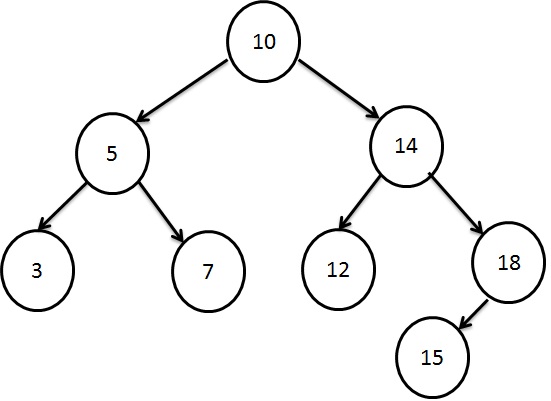Java Interfaces
An interface is a type definition which has only method declarations and fields. From Java 8, Interfaces could also have default methods
- An interface can have default method definitions
- An interface can have static method definitions
- An interface can not have non-default and non-static method definitions
- All methods declared in a interface are implicitly abstract except for default and static methods
- All variables in an interface are implictly public, static and final
- All variables in an interface will have values
Java Interface - Example
interface Shape {
float Pi=3.14f;
float calculateArea();
}
interface Vehicle{
void turnSteeringWheel();
void applyBrake();
void accelerate();
void rightIndicator();
void leftIndicator();
void pressHorn();
void trunHeadlights();
void onWiper();
}
Java Interface - static and default methods
- static methods can be invoked directly by using class name and does not require to be invoked on objects.
- default methods are used to add method defintions to existing interfaces already implemented by classes.
- default methods become automatically available to all the implemented classes without any changes.
- default methods helps to ensure compatibility with existing classes while adding new methods to interfaces
- default methods helps to add methods taking lambda expressions as parameters
interface Shape {
static void sayHi(){
System.out.println("Hi");
}
default void sayWelcome(){
System.out.println("Welcome");
}
}
Java Interface & Class
- Each Interface can be extended by using the extends keyword.
- Each Interface can be implemented by using the implements keyword.
 Krivalar Tutorials
Krivalar Tutorials 